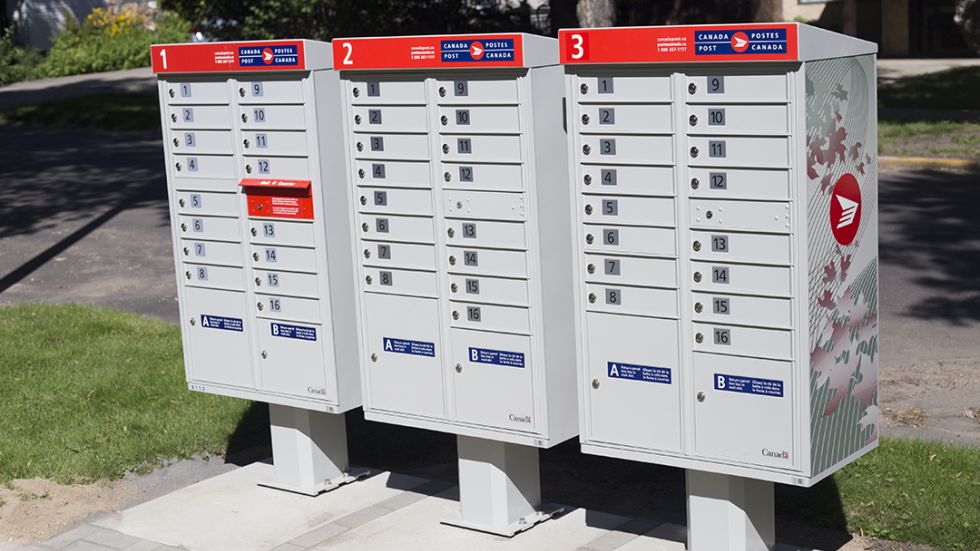A hypothetical social enterprise. Two actually.
Home delivery and post office boxes have been the staples of the postal business for a long time. Digital media have disrupted the letter mail industry like all industries, and postal servers have tried to adapt to stay alive.
Canada Post has developed online services, improved its parcel delivery system and all but eliminated door to door delivery, placing community post boxes throughout the country.
I like gettting the mail at home. I resent the off-loading of the cost of delivery to me. I have to go to a “community post box” to get my mail. At my expense in transportation and time.
Those costs used to be what the postage on a letter paid for. A single stamp costs almost nothing but it adds up when there are millions of pieces of mail being handled every day.
We’ve been told it’s not affordable anymore. Even though stamps have more than doubled in price. They are so expensive now, the post office is afraid to put a price on them. The prices change and nobody knows until you have to buy a stamp.
Anyway, picking up the mail the other day, I wondered what it would cost to hire a mailman to deliver the mail in my neighbourhood. I’d definitely pay something for that service, a dollar a day for example.
How many households would you need to cover salary and expenses? 100? 300?
If they have to drive, which they would in this neck of the woods, 150-200 households, so let’s be optimistic and say 200 is not unreasonable for a 7.5 hour day with the usual breaks. Allow gas and vehicle expense of .50/km on a 30 km route, that’s $15. If each household is contributing $1/day, that leaves $185 for wages and benefits. That’s about $24/hr.
For creating employment and a better quality of life in our neighbourhood, not bad at all.
Of course, somebody would have to set it up. And everybody would have to opt in to make it work. Management costs and the politics could make it impossible.
So, in the end, that’s why such things as postal service were not private businesses. It falls to government to do things that benefit everyone pretty much equally. They have the capacity to organize it and implement it universally.
Still, when the logic of “public service” no longer makes sense for many people, in the face of the kind of technological challenges we’re facing now, then maybe it is time for social innovators to intercede, create a new model to achieve the same end.
P.S. – I’m not totally against post boxes. Co-working spaces, for example, could use proper postal service and many currently do not provide it. Another social enterprise idea would be to create private P.O. box services for these public/private hybrid spaces.
